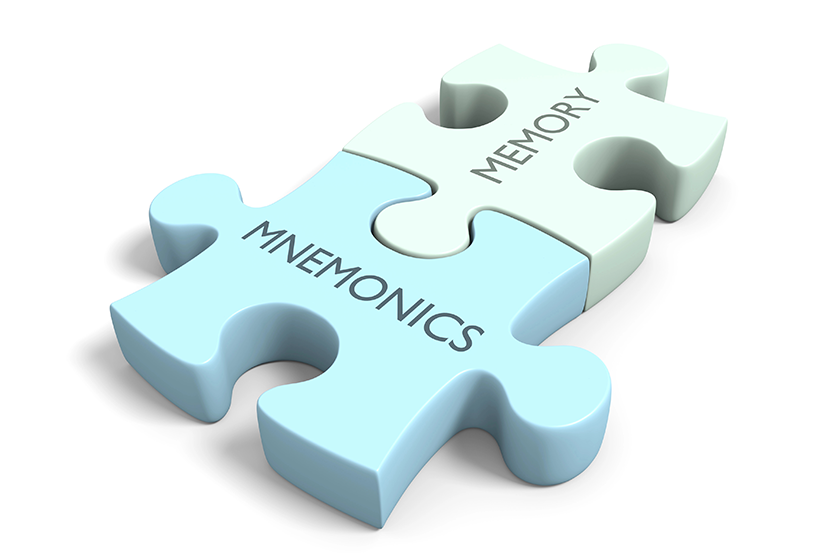Memory plays a key role in maintaining independence and quality of life as we age. For residents of our memory care community, using tools like mnemonics can make recalling information simpler and more effective. These memory aids are simple techniques that organize and store information in ways that are easier to remember. From everyday tasks to personal connections, mnemonics support senior memory enhancement by making information meaningful and accessible.
How Mnemonics Work for Memory Support
Mnemonics are tools designed to help organize information and make it easier to recall. By using familiar patterns, sounds, or imagery, these techniques help your loved one connect new information to something already known. This makes it easier for your brain to retrieve the information later. For example, you might remember the order of the rainbow colors through the acronym ROYGBIV. This type of tool can be applied in many areas of life, from remembering appointments to recalling names.
Musical Mnemonics Make Information Memorable
Music has a unique way of making information stick. Familiar songs or tunes can be paired with new information to make it easier to recall. Many of us learned the alphabet through the “A-B-C” song, a perfect example of this technique. For older adults, using musical mnemonics could involve creating simple melodies to remember a shopping list or important dates. Music engages multiple areas of the brain, which helps reinforce memory pathways.
Rhyme Mnemonics Offer Rhythmic Recall
Rhymes are another effective way to support memory. They make information easier to recall by using repetition and rhythm. For example, a common rhyme used to remember the days in each month is “30 days hath September, April, June, and November.” Rhymes can also be tailored to personal needs, like recalling medication times or daily routines. For residents in our memory care community, rhymes help bring structure to the day in a way that feels engaging and easy to remember.
Acronyms and Acrostics Simplify Complex Lists
Acronyms and acrostics are popular tools for organizing and remembering lists. Acronyms are words formed from the first letters of items in a list, like HOMES, which represents the Great Lakes (Huron, Ontario, Michigan, Erie, and Superior). Acrostics create sentences where the first letters of each word stand for something else, like “Please Excuse My Dear Aunt Sally” to remember the order of operations in math. These tools can help residents keep track of tasks or recall information that might otherwise feel overwhelming.
Keyword Mnemonics Create Associations
Keyword mnemonics work by linking new information to familiar words or images. This technique can be especially helpful for learning new names or vocabulary. For example, to remember that “gato” means “cat” in Spanish, you might picture a cat sitting on a gate. For our residents, this type of mnemonic can make learning new skills or keeping track of names more approachable and enjoyable.
Spelling Mnemonics Build Confidence
Spelling mnemonics are an excellent way to remember how to spell complex words. They break down words into simple, memorable phrases or ideas. For instance, the word “geography” can be remembered with the phrase “George Edwards’ Old Grandma Rode A Pig Home Yesterday.” By using this approach, your loved one can feel more confident in written communication, knowing they have reliable tools to recall correct spelling.
How We Boost Memory with Mnemonics
In our memory care community, we integrate mnemonic techniques into daily life to support memory in a fun and practical way. Our team encourages residents to create their own mnemonics, which helps make the techniques more personal and meaningful. Whether through group activities, personal reminders, or guided exercises, these tools empower residents to feel in control of their memory.
Using mnemonics is a simple and effective way to support memory enhancement for older adults. Techniques like musical mnemonics, rhymes, acronyms, keywords, and spelling tools offer practical solutions to common memory challenges. If you’re looking for a caring and empowering place for your aging loved one, contact us today to learn how we can help.







